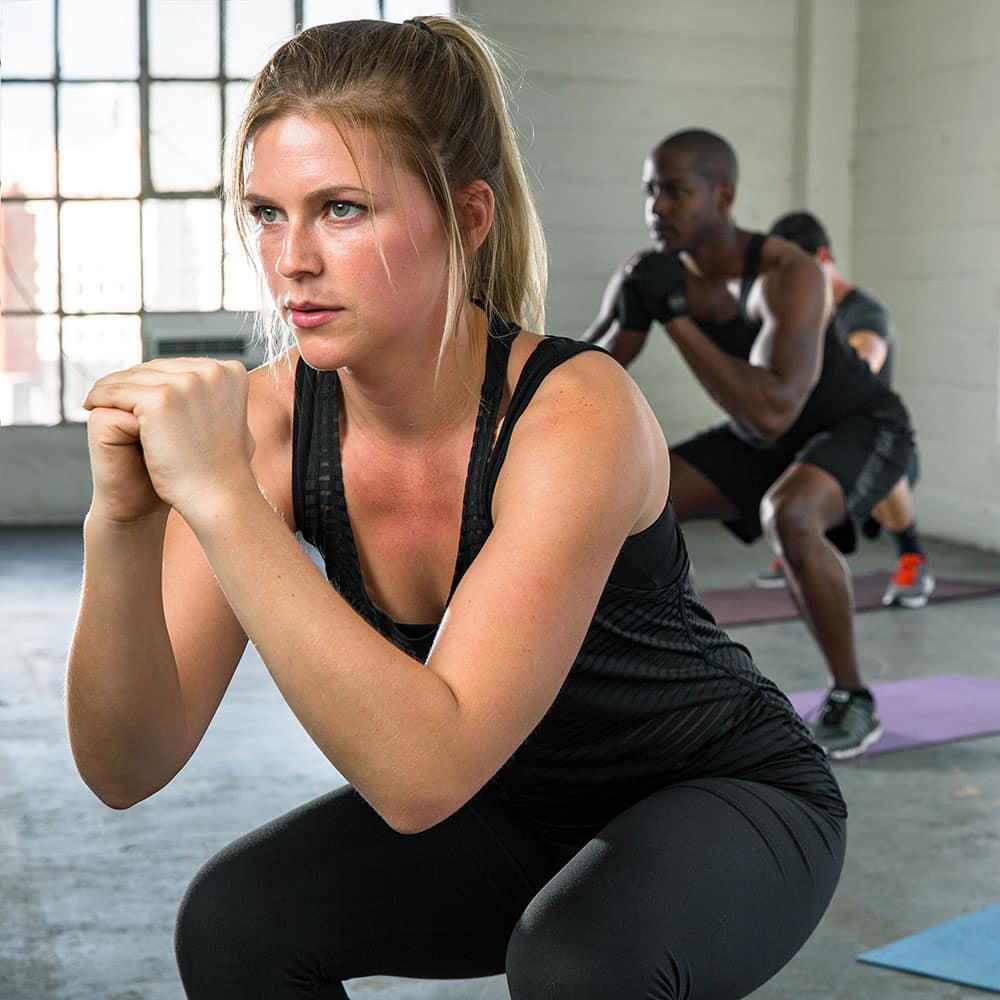People sweat to prevent the body from overheating whether that be during exercise or sitting outside in the heat, it serves the same purpose. If you are not sweating you may have anhidrosis which is a condition that is marked by the inability to sweat normally, and it can cause dizziness, a skin rash, and loss of consciousness while exerting energy or exercising. Additionally, genetics can also play a role in how much you will sweat.
Most people associate sweating while exercising as pushing your body to the limit, or being outside in hot temperatures. But the assumption of needing to sweat heavily to consider the workout as being effective could have some adverse effects as it may lead you to avoid forms of exercise that don’t make you sweat or you may even push yourself to the point of being over exhausted.
The truth is that exercise and movement go beyond just sweating, and according to top trainers an effective workout does not always have to require you to sweat buckets. Some trainers and instructors define an effective workout as being one that helps a person feel balanced, challenged, mobile, and motivated.
Good workouts involve progression that may be by helping you to learn a skill, boost confidence, boost strength, increasing flexibility, improving balance, or helping to accomplish a goal for the session. Goals can include improving performance, reducing stress, or increasing awareness and wellness. Figuring out what you want to do in each session can help to improve focus and set goals to create a good workout.
Even without sweating workouts can be effective, for example yoga doesn’t always make a person sweat nor does strength training but they can both be an effective and crucial parts of a balanced workout regimen. Sweat is not an indicator of anything effective when it comes to all forms of exercise, as an example you may not sweat as much while doing strength training because the heart rate may not get as high or for extended periods of time as it would when doing cardio exercises. This does not mean that you will not be getting good results, or that you are not challenged enough, you have to take the bigger picture of what is being done into consideration.
Routines that are less sweat inducing can also be of benefit to physical health, such as strength training, stability workouts, flexibility training, as well as balance and coordination workouts. Believing that you need to sweat a lot may be keeping you stuck with the same routine which can result in over training and plateaus. The best way to ensure the body is in peak condition is by trying various routines being that the human body is highly adaptive, this includes routines that may make you sweat buckets and those that may not.
Sweating depends on a variety of factors ranging from genetics, to hydration levels, to the environment; for example jogging in a park may leave you drenched but in a gym the same amount of activity may leave you only slightly sweaty thanks to the air conditioning.
There is physical evidence besides sweating that can help to determine the level of your intensity such as how fast you are breathing, muscle fatigue, and muscle shaking, the key is to find a balance between all these factors as much like sweating they are not good for you if you over do it.
To determine the effectiveness of your workout ask yourself if you have accomplished the goal for that workout, if you can honestly answer yes then there is no need to feel any guilt if you didn’t sweat too much or don’t feel completely exhausted from exercising. If you feel worked in the areas you were focused on then you have worked that area well, regardless of sweat.




